Djokovic extends his legend with a fierce victory
Last night, at the end of the second set in the fourth round match of the Shanghai Masters between Djokovic and Munar, the Serbian tennis star collapsed onto the hard court at the Qizhong Tennis Center, drenched in sweat, seemingly too exhausted to get up. Nearly everyone witnessing this moment believed his journey in the Shanghai Masters was about to end.
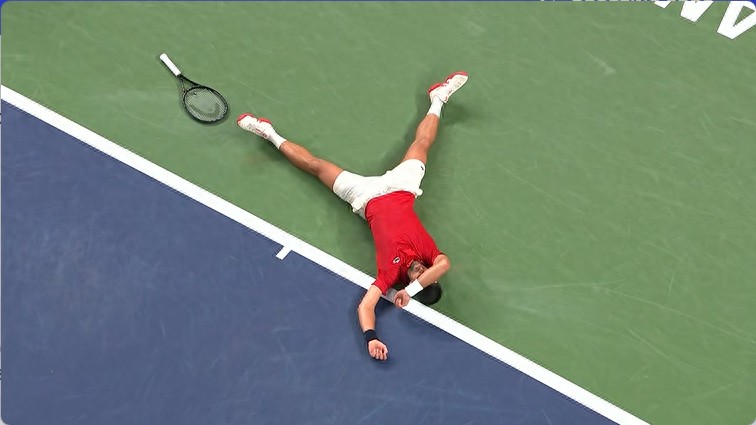
He had strained his calf muscle as early as the fourth game of the first set, facing a Spanish powerhouse Munar who is 11 years his junior and full of energy, while the humid and hot Shanghai weather acted like a giant steamer, draining every ounce of strength and willpower. After losing the second set, the match seemed almost hopeless for Djokovic.
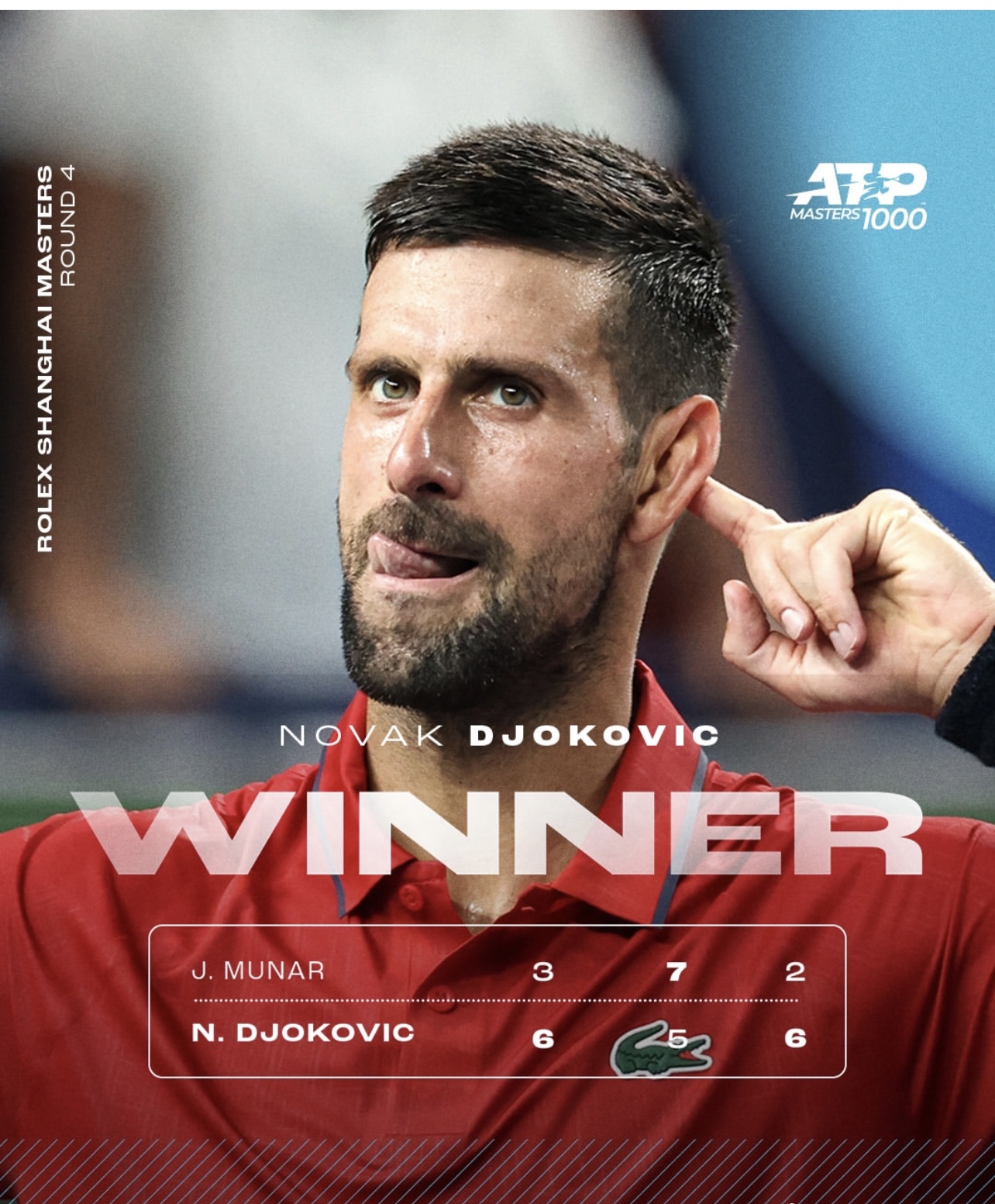
However, after a grueling 2 hours and 40 minutes, the scoreboard finally read 6-3, 5-7, 6-2. Djokovic, a living legend of tennis, pulled off an incredible escape victory. He was even too exhausted to take the on-site interview; for him, this win was just another example of turning the impossible into reality the “Djokovic way.”
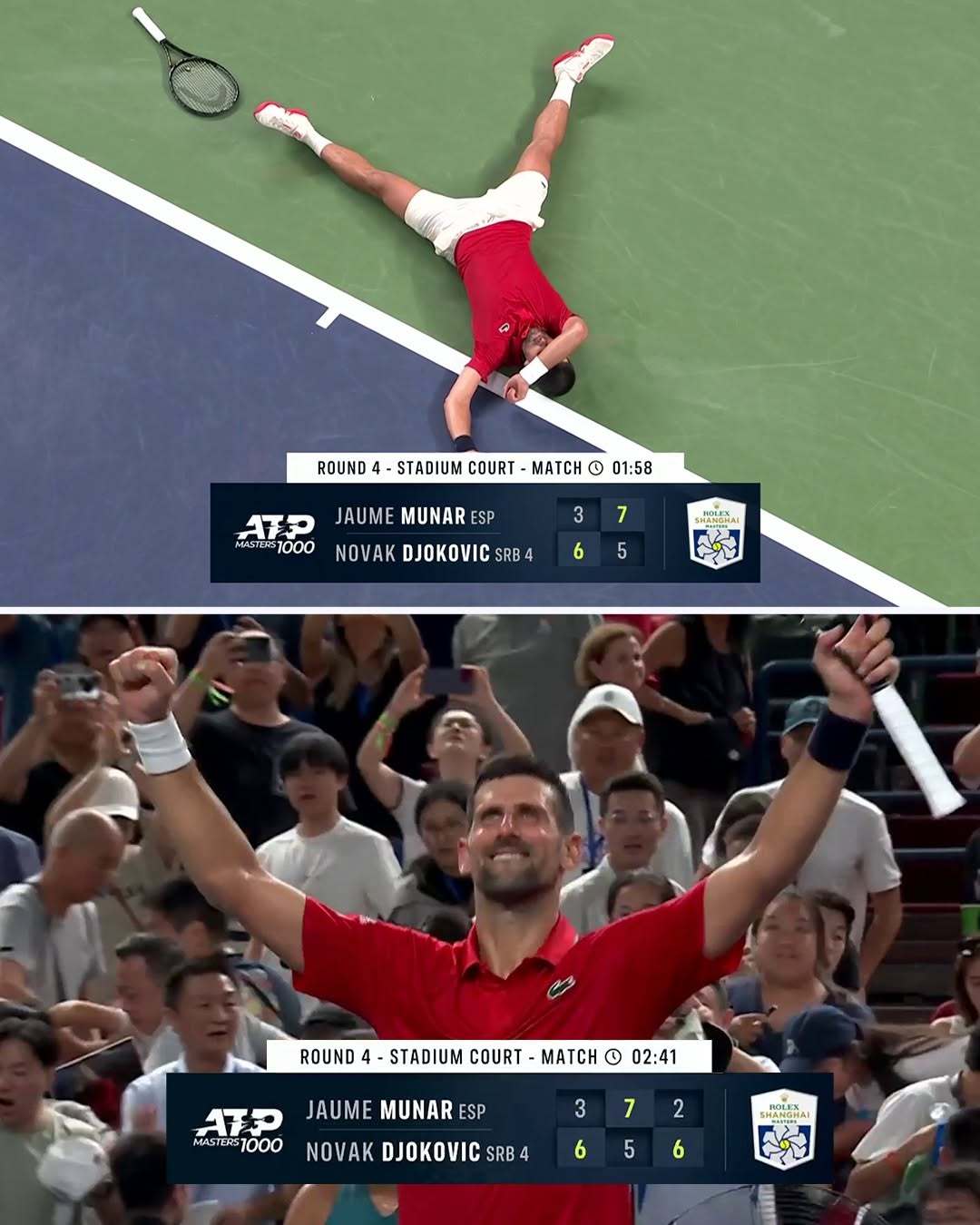
This match was not about technique, nor largely about tactics; it was purely a contest of willpower. From the moment the calf injury occurred, Djokovic was walking a tightrope, relying solely on the pain coursing through his body, his nearly depleted stamina, and the indomitable heart tempered by countless Grand Slam finals.
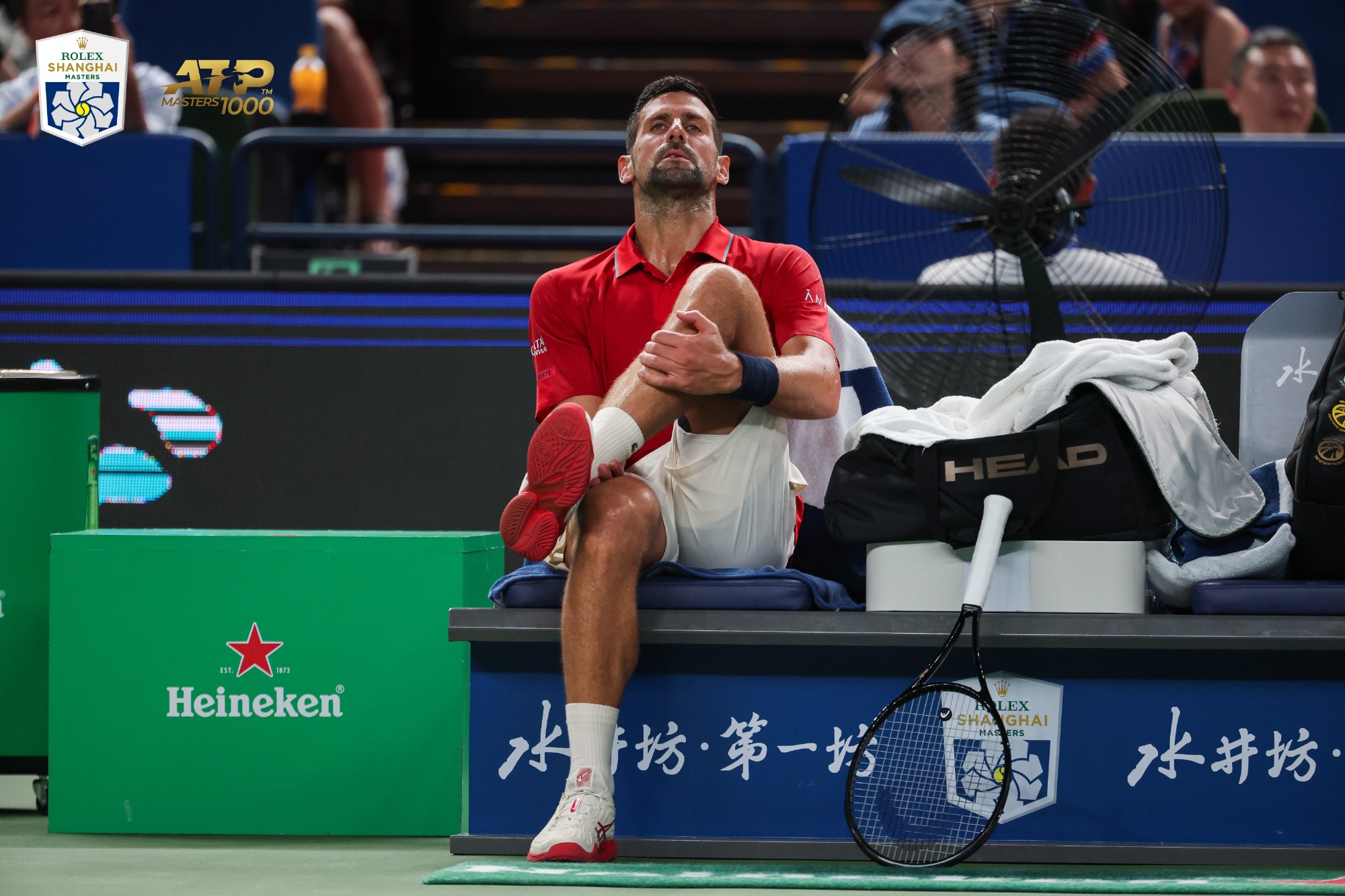
During the second set break, he lay flat on the court, using those brief two minutes for the most primitive form of recovery. At that moment, he was no longer the 24-time Grand Slam champion, but just a mortal battling his own physical limits. Yet, it was this human vulnerability that highlighted his extraordinary spirit. Through his own way, he sent a message to his opponent and the entire crowd: my body may temporarily surrender, but my will shall never yield.
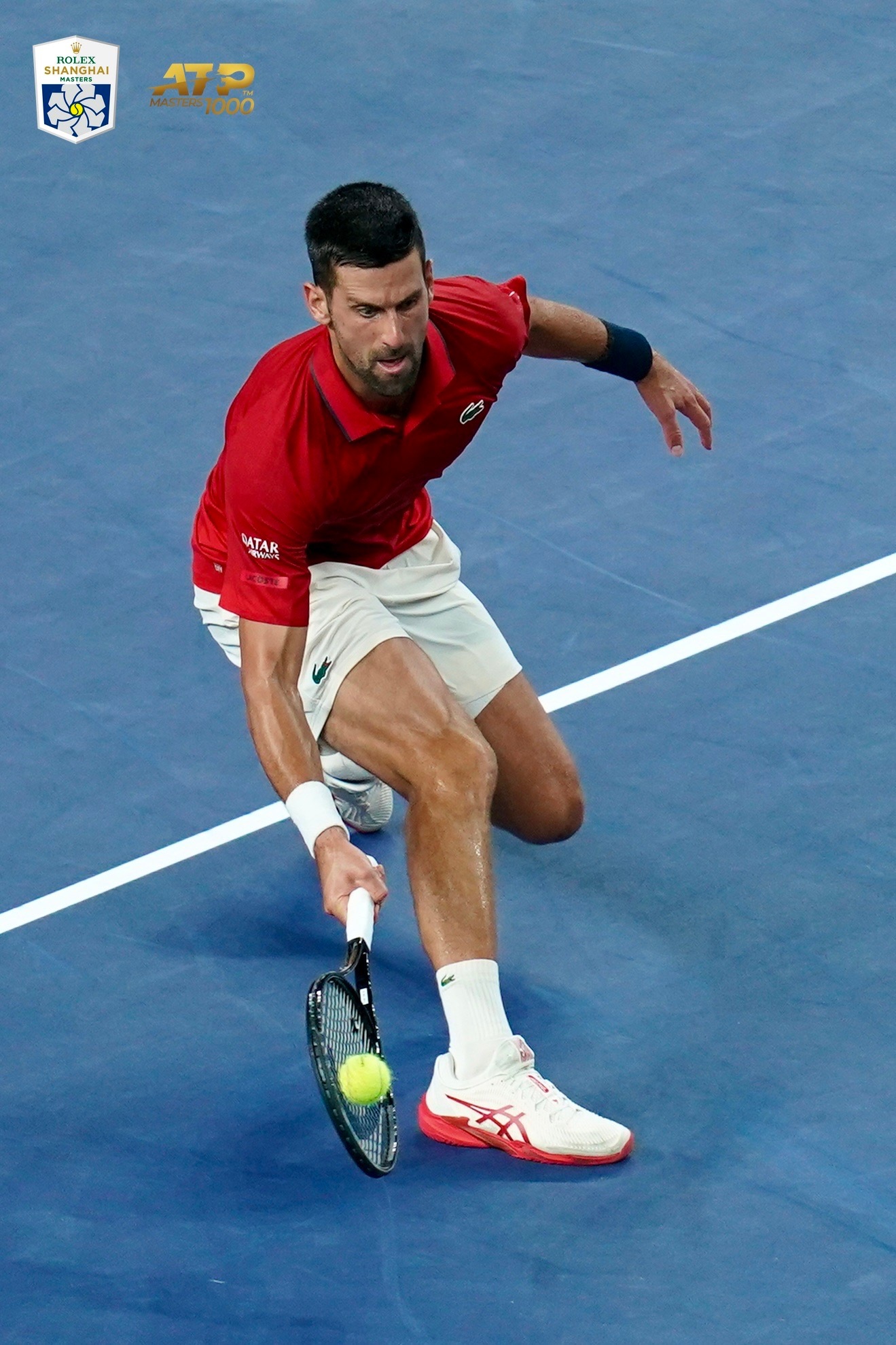
The true turning point of the match came in the first game of the deciding set.Munar, buoyed by winning the second set and sensing Djokovic’s physical crisis, held two consecutive set points at 40-15. A simple volley at the net, an opportunity as good as a cake handed on a plate. Yet, perhaps due to underestimation or the subtle pressure, he struck the ball with a mix of relaxation and determination—and surprisingly missed.
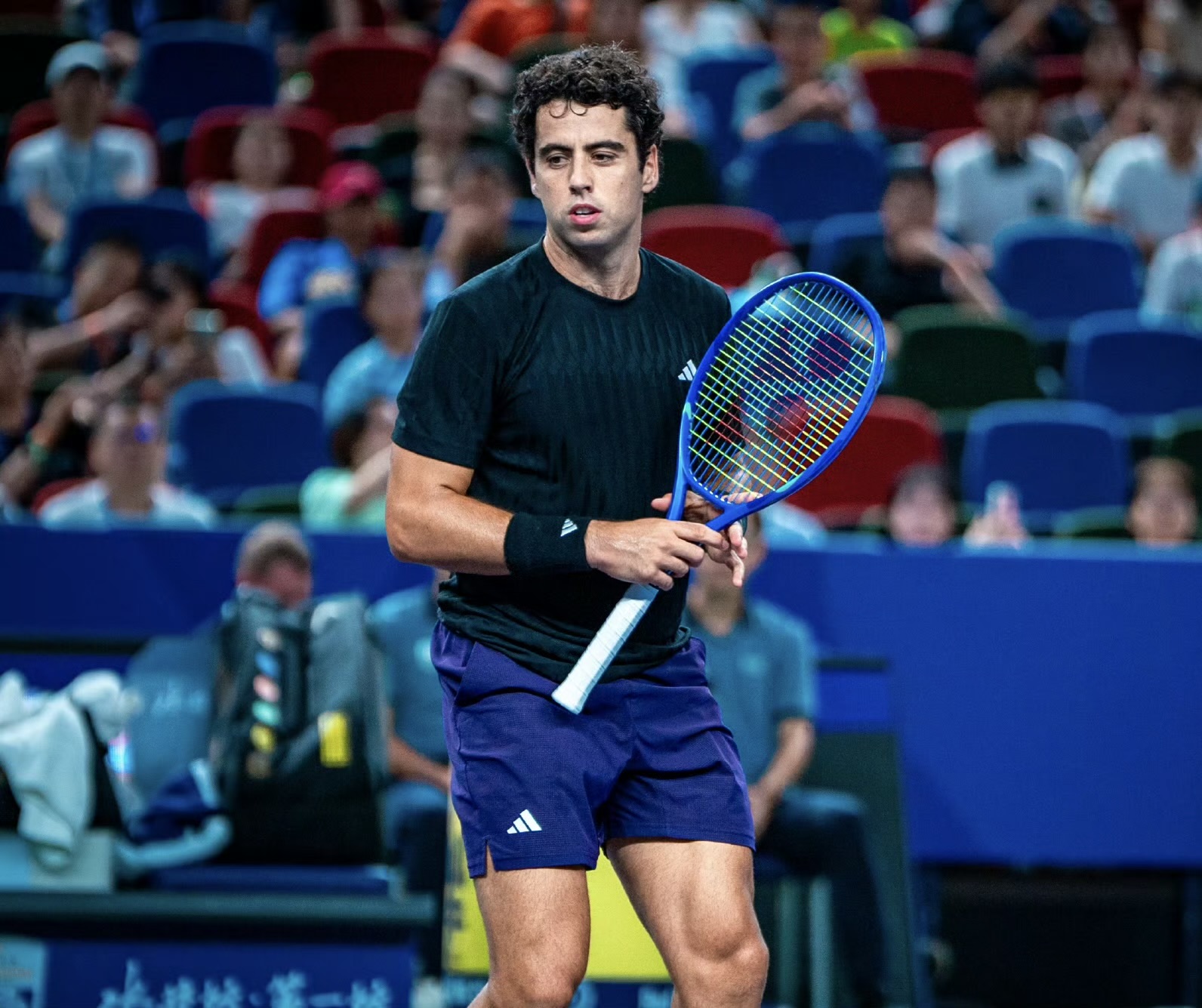
That point was like a lightning bolt cutting through the fog of the match. What was lost was not just a set point, but the psychological momentum of the entire contest. Munar then dropped three straight points and was broken. This almost certain service game slipped through his fingers and handed control of the match back to the seemingly broken Djokovic.From that moment on, the match fell into Djokovic’s domain — a path paved by experience, wisdom, and iron will leading to victory.
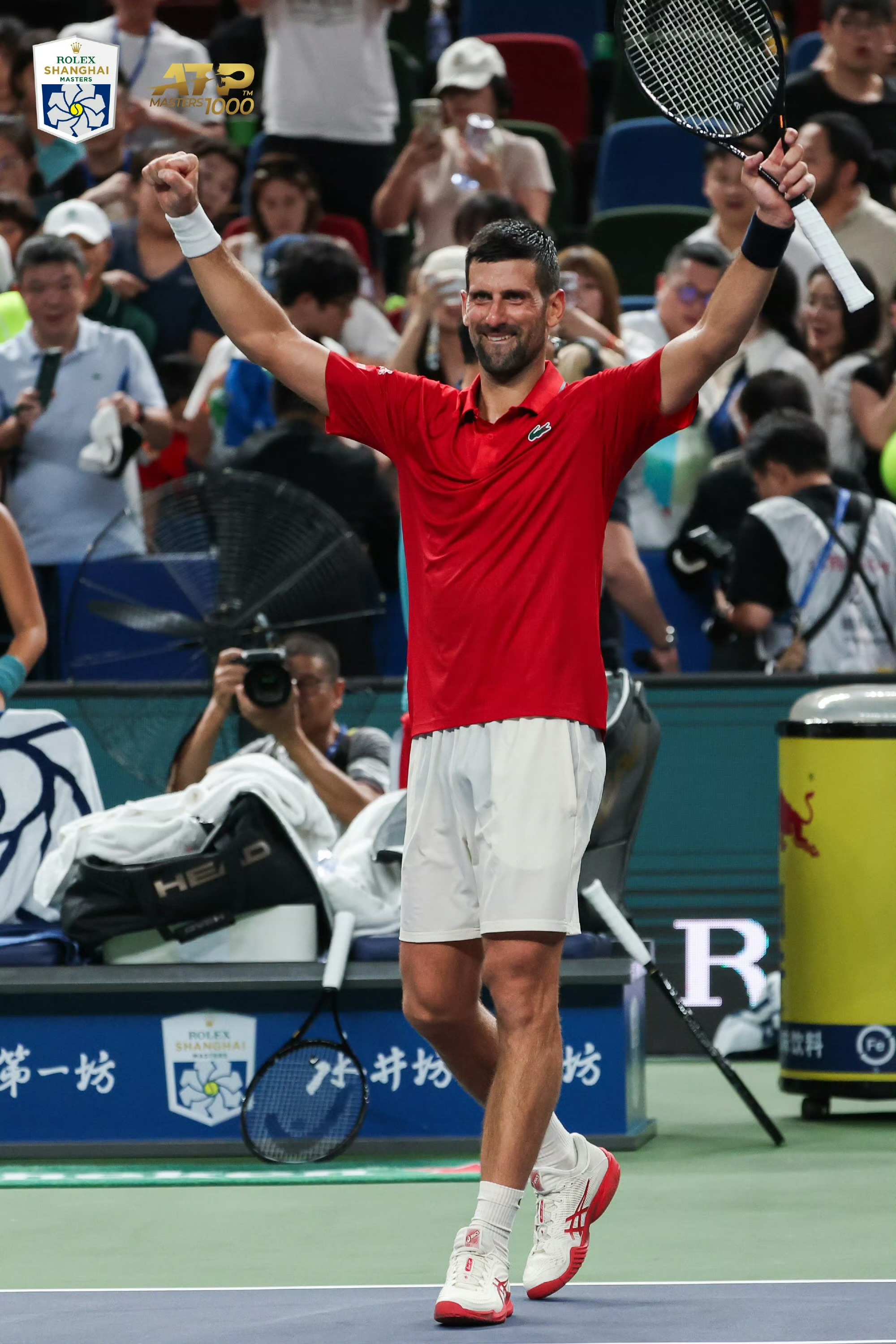
It seemed destined by fate, but more so it was a man-made inevitability. We often say Djokovic “won’t lose matches he doesn’t want to lose,” which is no mysticism but the result of countless days and nights of hard training, mental toughness forged in desperate moments, and an almost obsessive hunger for victory.
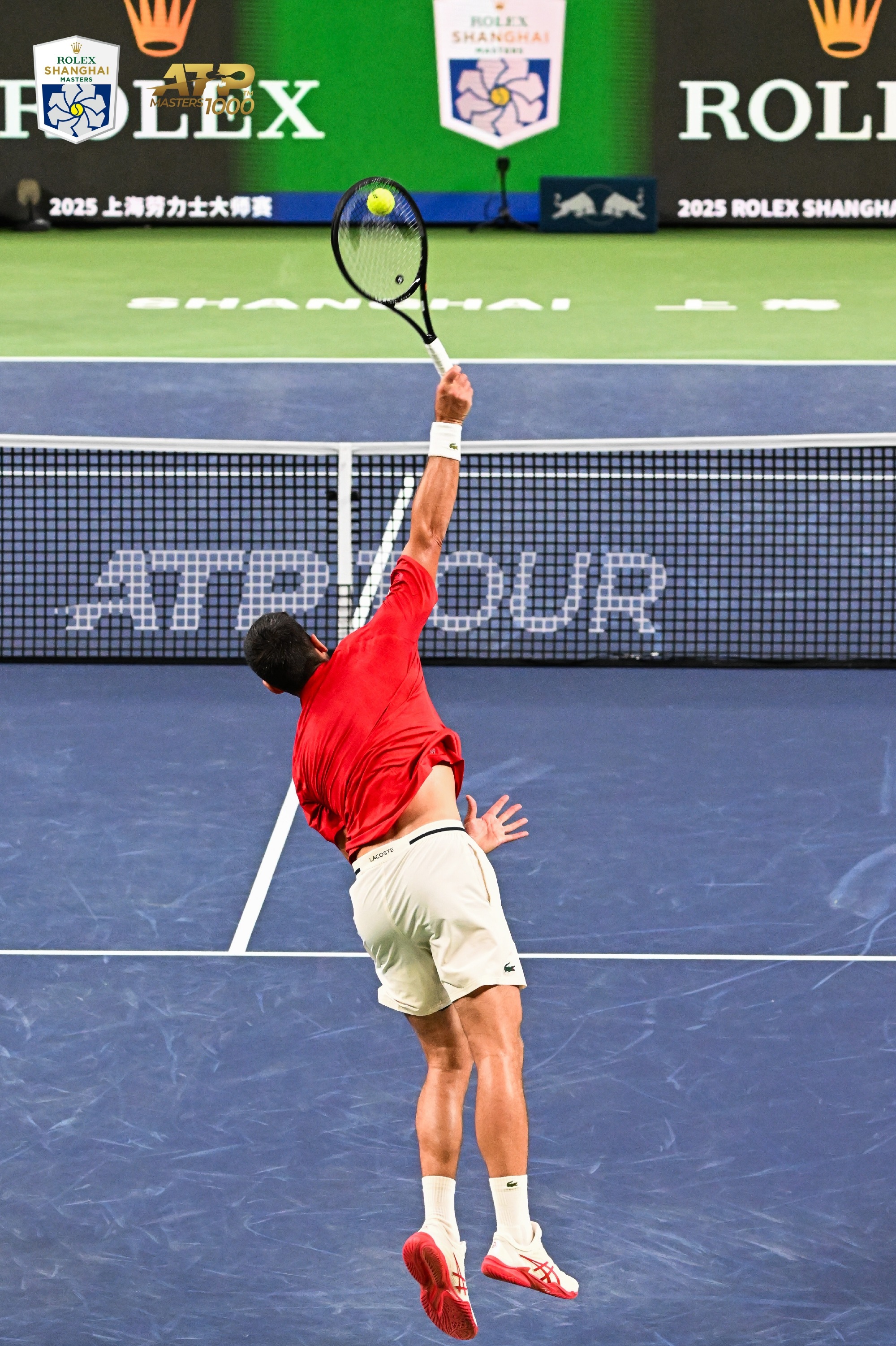
When Munar showed that fatal lapse on a critical point, Djokovic responded with every shot and every movement, demonstrating what it means to be a “master’s focus.” He might not have sprinted as usual, but his mind was racing, and his gaze remained sharp as an eagle’s. He sensed his opponent’s fleeting weakness and seized that moment with all his energy.
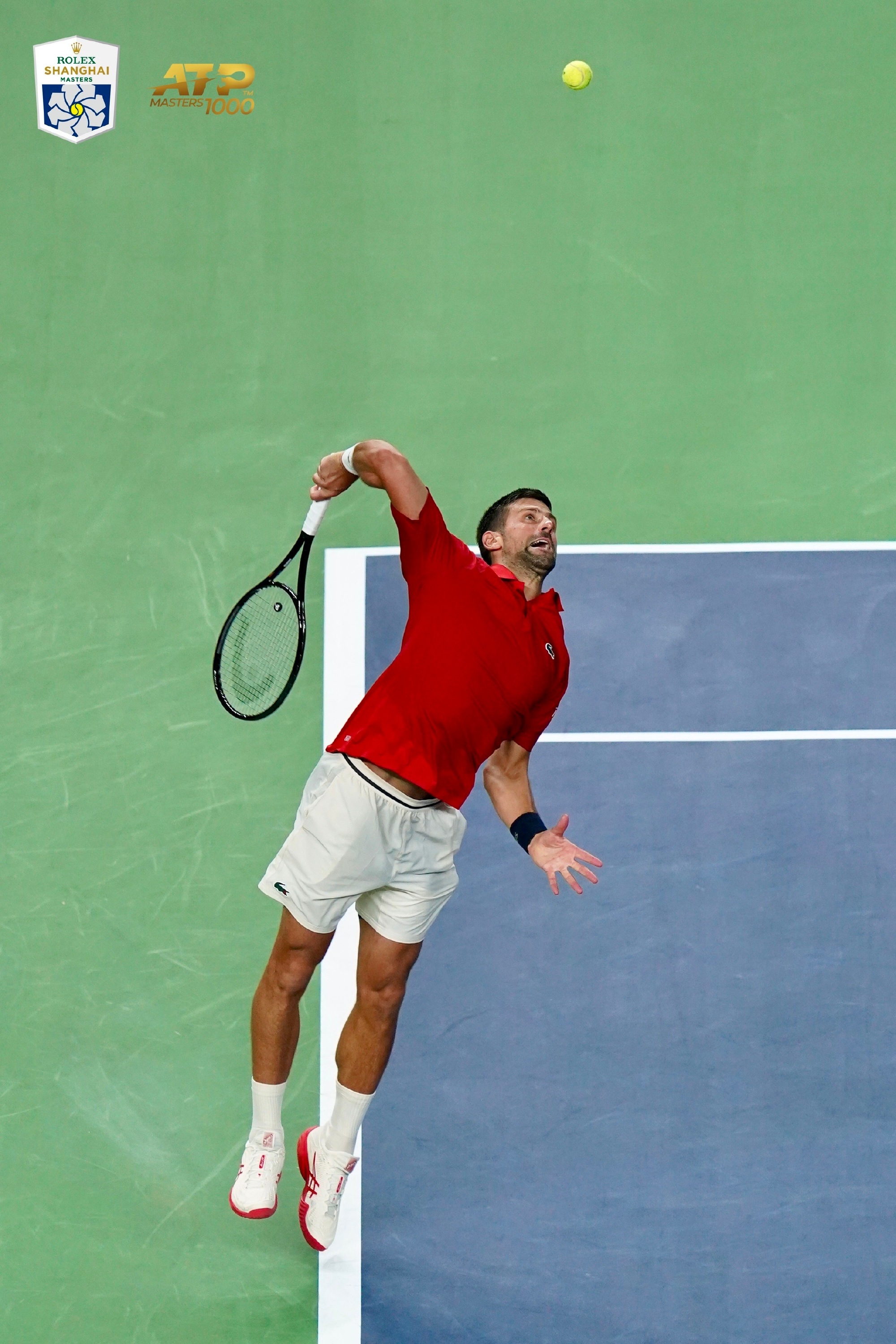
This is why Djokovic is Djokovic. And through this brutal victory, we also understand why players from the “90s generation” and even younger talents still struggle to surpass him. They may have stronger firepower and younger bodies, but in tennis’s deepest and most extreme battlefield — the realm of will, belief, and resilience — Djokovic remains an unshakable peak.
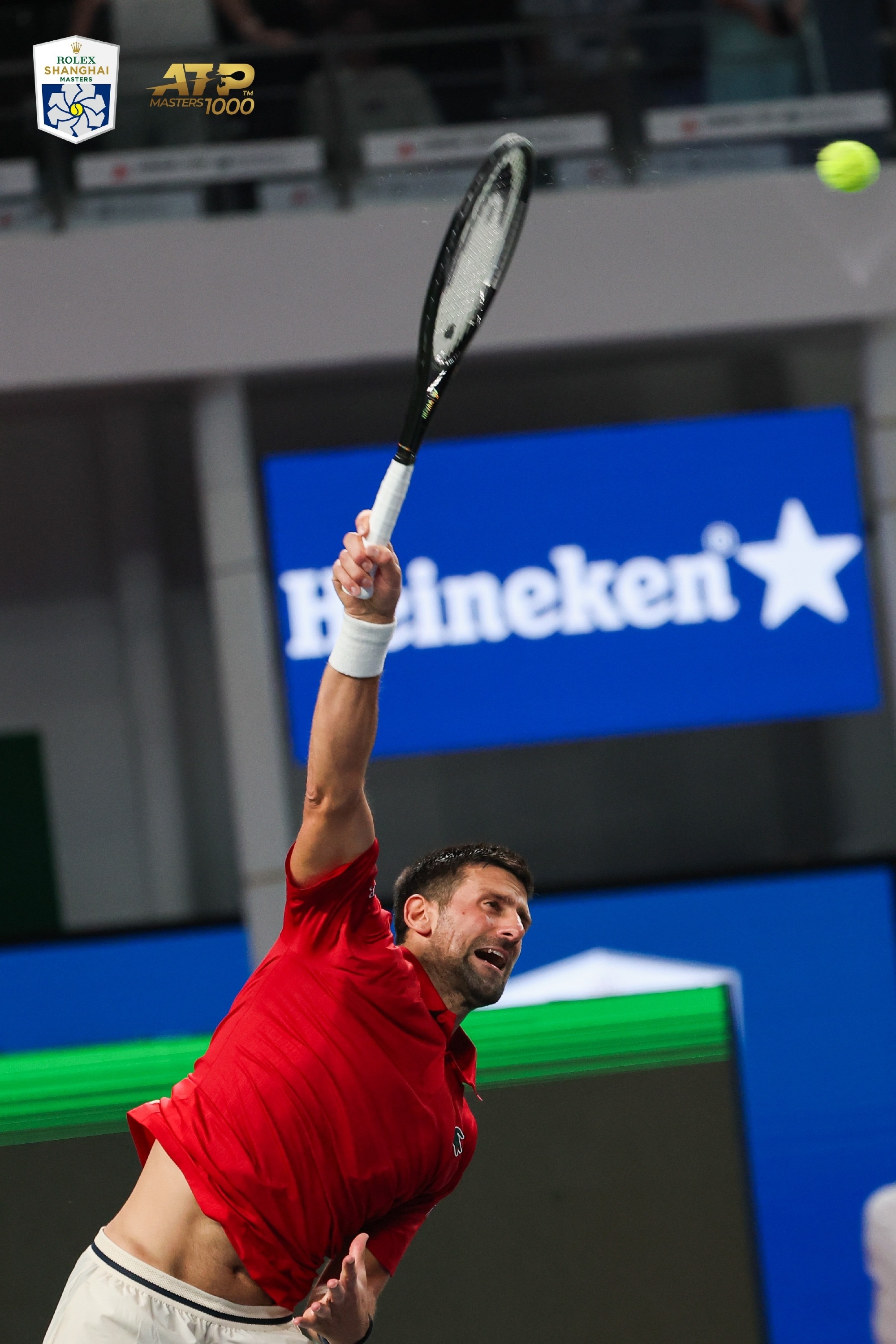
This match served as a lesson on the essence of tennis: at the highest level, technique is the foundation, but what defines the ceiling is always the heart of a champion. Djokovic, with his mortal body, once again performed a miracle worthy of the gods.(Source: Tennis Home Author: Mei)







 Links
Links
 Contact
Contact
 App
App


